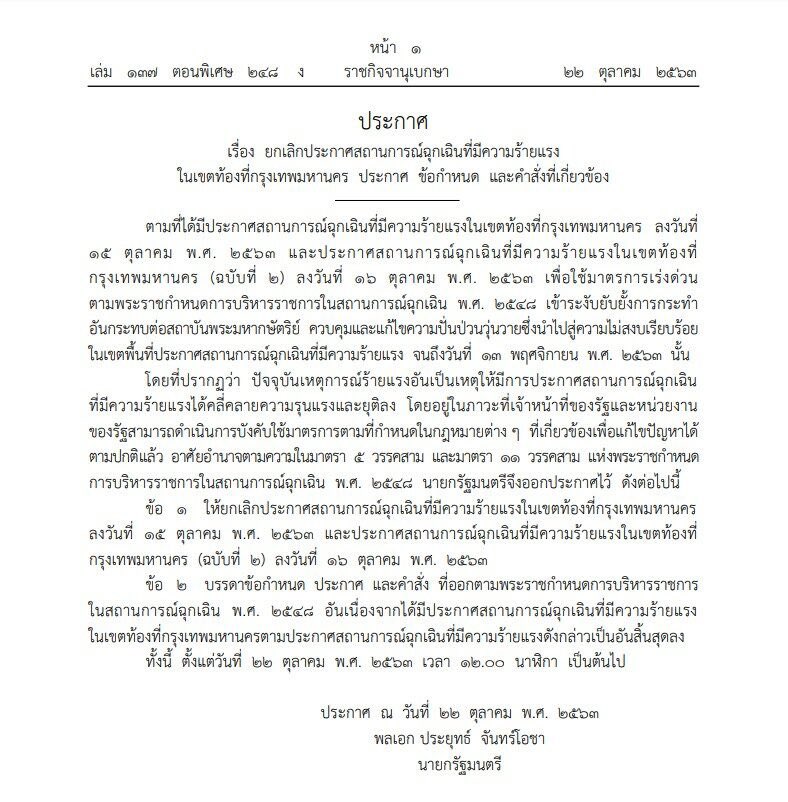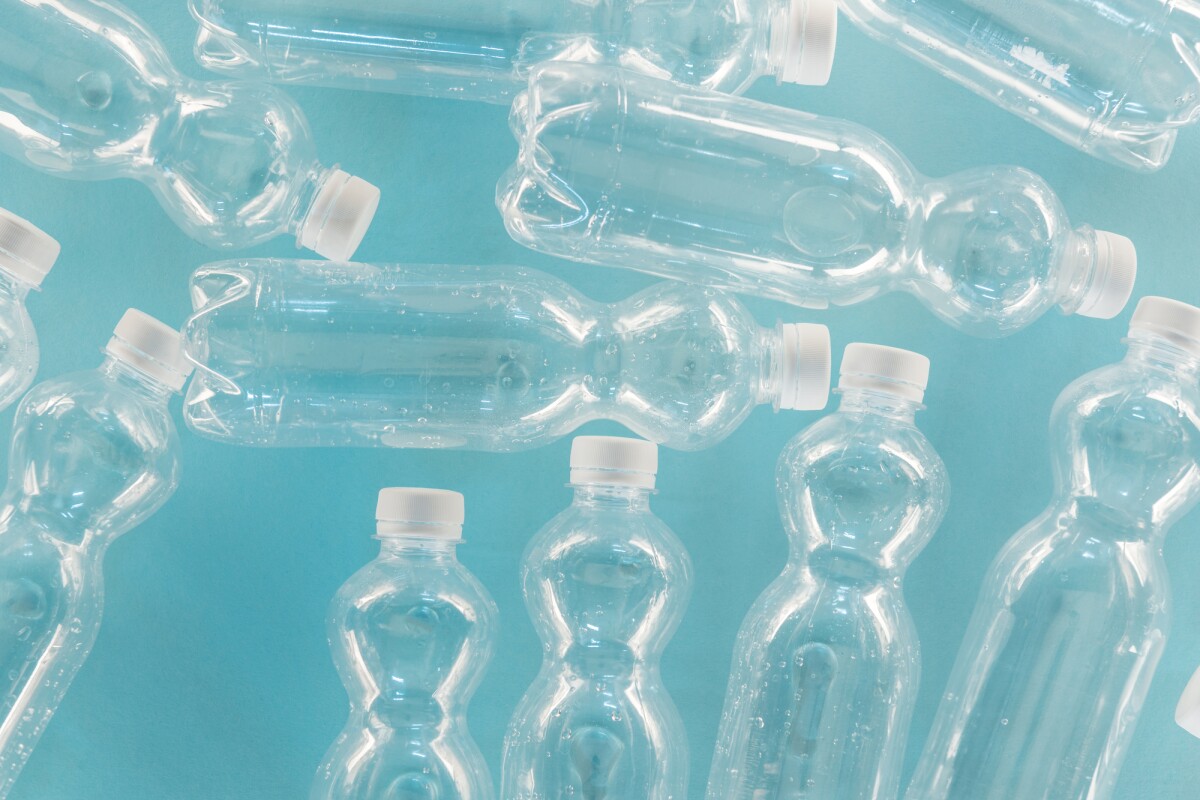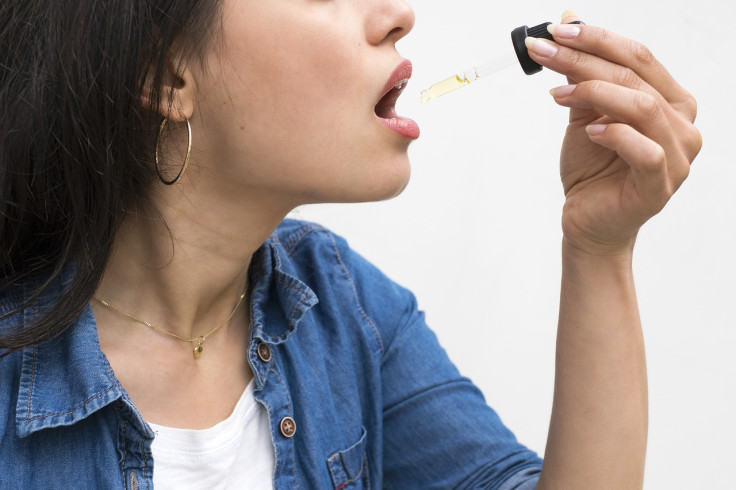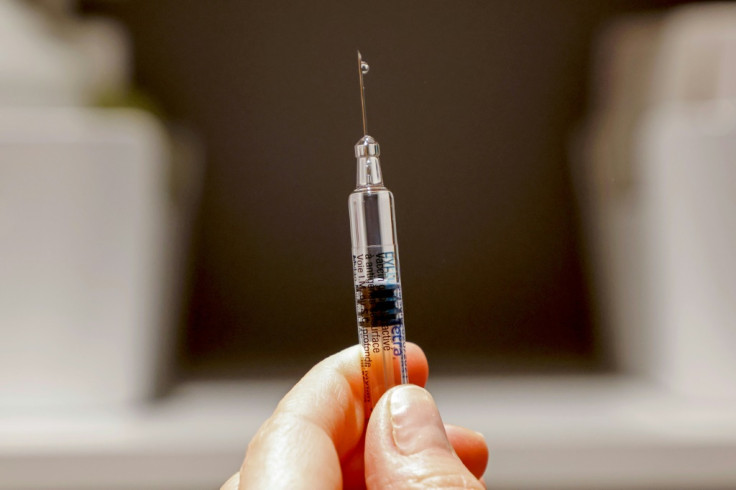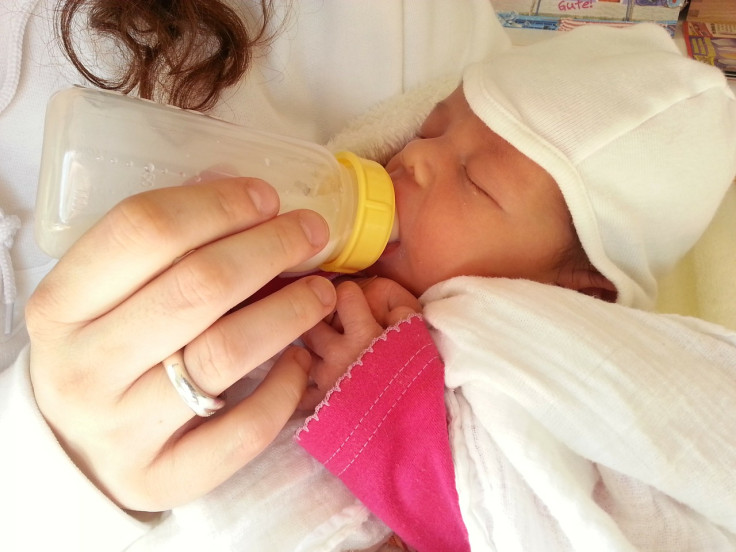
Pro-democracy protesters during a march from Victory Monument to Government House in Bangkok on Oct 21, 2020.PHOTO: NYTIMES
BANGKOK (REUTERS) - Thailand's government on Thursday (Oct 22) ordered the removal of emergency measures imposed a week earlier to try to end months of protests against Prime Minister Prayut Chan-o-cha and the monarchy, a statement said.
The measures, which had prompted even bigger demonstrations, were lifted from 12pm (1pm Singapore time).
"The current violent situation that led to the announcement of the severe situation has eased and ended to a situation in which government officials and state agencies can enforce the regular laws," the statement published in the official Royal Gazette said.
The only specific incident given for the ban was one in which Queen Suthida’s convoy was jeered by protesters, but it came after protests that are the biggest challenge in years to Prime Minister Prayuth Chan-ocha and King Maha Vajiralongkorn.
Protesters who have given Prayuth a three day deadline to quit said that withdrawing the measures was not enough.
“He’s still seeking to stay in power while ignoring all the people’s demands. The emergency decree shouldn’t have been issued in the first place,” Sirawith “Ja New” Seritiwat, one of the leaders, said:
Dozens of protesters – including many of the most high profile protest leaders – were arrested during the crackdown.
Among them was Patsaravalee “Mind” Tanakitvibulpon, who was released on Thursday after being arrested a day earlier.
Patsaravalee, 25, told reporters after being freed that the court had deemed the charges were not serious and that she still needed to attend classes and exams, so bail was granted without having to submit any guarantees.
Protesters say Prayuth rigged an election last year to keep hold of power he seized in a 2014 coup. He says the election was fair.
Protesters accuse the monarchy of enabling years of military domination and want to curb the king’s powers. The palace has a policy of making no comment to media.
BANGKOK (REUTERS) - Thailand's government on Thursday (Oct 22) ordered the removal of emergency measures imposed a week earlier to try to end months of protests against Prime Minister Prayut Chan-o-cha and the monarchy, a statement said.
The measures, which had prompted even bigger demonstrations, were lifted from 12pm (1pm Singapore time).
"The current violent situation that led to the announcement of the severe situation has eased and ended to a situation in which government officials and state agencies can enforce the regular laws," the statement published in the official Royal Gazette said.
The only specific incident given for the ban was one in which Queen Suthida’s convoy was jeered by protesters, but it came after protests that are the biggest challenge in years to Prime Minister Prayuth Chan-ocha and King Maha Vajiralongkorn.
Protesters who have given Prayuth a three day deadline to quit said that withdrawing the measures was not enough.
“He’s still seeking to stay in power while ignoring all the people’s demands. The emergency decree shouldn’t have been issued in the first place,” Sirawith “Ja New” Seritiwat, one of the leaders, said:
Dozens of protesters – including many of the most high profile protest leaders – were arrested during the crackdown.
Among them was Patsaravalee “Mind” Tanakitvibulpon, who was released on Thursday after being arrested a day earlier.
Patsaravalee, 25, told reporters after being freed that the court had deemed the charges were not serious and that she still needed to attend classes and exams, so bail was granted without having to submit any guarantees.
Protesters say Prayuth rigged an election last year to keep hold of power he seized in a 2014 coup. He says the election was fair.
Protesters accuse the monarchy of enabling years of military domination and want to curb the king’s powers. The palace has a policy of making no comment to media.
Thai PM Prayut has just cancelled declaration of severe emergency in #Bangkok . Note that arrest of #protest leaders have taken place under various other legal clauses #WhatsHappeningInThailand
Thai protesters reject PM Prayut's olive branch, give him 3 days to resign


Thousands of demonstrators on Oct 21 broke through police barricades to march towards Mr Prayut's official office. PHOTO: EPA-EFE
BANGKOK (BLOOMBERG) - Thai protesters gave Prime Minister Prayut Chan-o-cha three days to resign and meet other key demands that include reforming the monarchy, appearing to reject an olive branch he offered in a televised address.
Thousands of demonstrators on Wednesday (Oct 21) night broke through police barricades and barbed wire to march towards Mr Prayut's official office.
They gathered near the building, known as Government House, shortly after the Prime Minister said his government is prepared to withdraw emergency rules banning large gatherings in the capital if the protest remain peaceful.
"We submitted the letter for Prayut to resign, which is one of our three demands," Free Youth, one of the main protest organisations, said in a Facebook post on Wednesday night.
"If the government doesn't give an answer within three days, the people will return with higher demands than before."
Mr Prayut has struggled to stem the mounting street demonstrations, which have used Hong Kong-style pop-up rallies to avoid police and defy an emergency decree issued last week.
The government has shown no signs of meeting the protester's demands, which would upend the royalist elite that has maintained power throughout much of Thailand's history, but it has also sought to avoid bloodshed that could further roil the economy.
"I will make the first move to de-escalate this situation," Mr Prayut said in an address to the nation on Wednesday.
"I am currently preparing to lift the state of severe emergency in Bangkok and will do so promptly if there are no violent incidents."
MORE ON THIS TOPIC
Thai protesters plan to surround PM's office, openly defy King
Thai royalists confront pro-democracy protesters in Bangkok
The protests are underpinned by years of sluggish growth now exacerbated by the coronavirus pandemic, which has put the Thai economy on course for its worst performance ever by derailing the two main drivers: tourism and trade. The benchmark SET Index of stocks has lost 23 per cent this year.
Thailand's financial markets will take a wait-and-see approach to the protests and the government's response, said Dr Tim Leelahaphan, an economist at Standard Chartered Bank Pcl in Bangkok.
"It remains to be seen if the emergency would hurt the government's plan to gradually reopen tourism to foreign visitors from this month," Dr Leelahaphan said.
"While the political situation has so far been under control, the lingering protests do not bode well for the Thai economic recovery."
The demonstrations have shown no signs of letting up, and have even started to spread to other parts of Thailand. They have broken long-held taboos about publicly criticising the royal family, with demands for the monarch to no longer endorse coups, provide transparency in how funds are spent, and get rid of laws that stifle discussion of the royal family.
Simultaneous rallies by pro-royalist groups in support of King Maha Vajiralongkorn also raised fears of clashes between the rival groups. Past protest movements in Thailand have ended in bloody crackdowns, most recently in 2010.
MORE ON THIS TOPIC
Thai leaders have no easy options to end anti-monarchy protests
Thailand cracks down on protesters: A timeline of events
Mr Prayut, a former army chief who staged a coup in 2014, urged the protesters to trust the parliamentary process to address their grievances during a special session next week and said the government and the activists should "each take a step back" and "find solutions to the problems".
The king endorsed the session to be held from Oct 26, according to a Royal Gazette notification on Wednesday.
The youth-led protesters are also calling for the resignation of Mr Prayut's government and a rewriting of the constitution, which was drafted by a military-appointed panel after the 2014 coup. The activists say the charter was instrumental in helping Mr Prayut retain power after the 2019 elections.
The Prime Minister said it was time to break the cycle of government leaders having to face mobs of opposing groups to prevent the country from becoming ungovernable and descending into chaos.
"The only sure way to achieve a sustainable, enduring resolution to the problems is to speak to each other, respect the due process of law, and then let the will of the people be resolved in parliament," Mr Prayut said. "That is the only way."
BANGKOK (BLOOMBERG) - Thai protesters gave Prime Minister Prayut Chan-o-cha three days to resign and meet other key demands that include reforming the monarchy, appearing to reject an olive branch he offered in a televised address.
Thousands of demonstrators on Wednesday (Oct 21) night broke through police barricades and barbed wire to march towards Mr Prayut's official office.
They gathered near the building, known as Government House, shortly after the Prime Minister said his government is prepared to withdraw emergency rules banning large gatherings in the capital if the protest remain peaceful.
"We submitted the letter for Prayut to resign, which is one of our three demands," Free Youth, one of the main protest organisations, said in a Facebook post on Wednesday night.
"If the government doesn't give an answer within three days, the people will return with higher demands than before."
Mr Prayut has struggled to stem the mounting street demonstrations, which have used Hong Kong-style pop-up rallies to avoid police and defy an emergency decree issued last week.
The government has shown no signs of meeting the protester's demands, which would upend the royalist elite that has maintained power throughout much of Thailand's history, but it has also sought to avoid bloodshed that could further roil the economy.
"I will make the first move to de-escalate this situation," Mr Prayut said in an address to the nation on Wednesday.
"I am currently preparing to lift the state of severe emergency in Bangkok and will do so promptly if there are no violent incidents."
Thai protesters plan to surround PM's office, openly defy King
Thai royalists confront pro-democracy protesters in Bangkok
The protests are underpinned by years of sluggish growth now exacerbated by the coronavirus pandemic, which has put the Thai economy on course for its worst performance ever by derailing the two main drivers: tourism and trade. The benchmark SET Index of stocks has lost 23 per cent this year.
Thailand's financial markets will take a wait-and-see approach to the protests and the government's response, said Dr Tim Leelahaphan, an economist at Standard Chartered Bank Pcl in Bangkok.
"It remains to be seen if the emergency would hurt the government's plan to gradually reopen tourism to foreign visitors from this month," Dr Leelahaphan said.
"While the political situation has so far been under control, the lingering protests do not bode well for the Thai economic recovery."
The demonstrations have shown no signs of letting up, and have even started to spread to other parts of Thailand. They have broken long-held taboos about publicly criticising the royal family, with demands for the monarch to no longer endorse coups, provide transparency in how funds are spent, and get rid of laws that stifle discussion of the royal family.
Simultaneous rallies by pro-royalist groups in support of King Maha Vajiralongkorn also raised fears of clashes between the rival groups. Past protest movements in Thailand have ended in bloody crackdowns, most recently in 2010.
Thai leaders have no easy options to end anti-monarchy protests
Thailand cracks down on protesters: A timeline of events
Mr Prayut, a former army chief who staged a coup in 2014, urged the protesters to trust the parliamentary process to address their grievances during a special session next week and said the government and the activists should "each take a step back" and "find solutions to the problems".
The king endorsed the session to be held from Oct 26, according to a Royal Gazette notification on Wednesday.
The youth-led protesters are also calling for the resignation of Mr Prayut's government and a rewriting of the constitution, which was drafted by a military-appointed panel after the 2014 coup. The activists say the charter was instrumental in helping Mr Prayut retain power after the 2019 elections.
The Prime Minister said it was time to break the cycle of government leaders having to face mobs of opposing groups to prevent the country from becoming ungovernable and descending into chaos.
"The only sure way to achieve a sustainable, enduring resolution to the problems is to speak to each other, respect the due process of law, and then let the will of the people be resolved in parliament," Mr Prayut said. "That is the only way."


